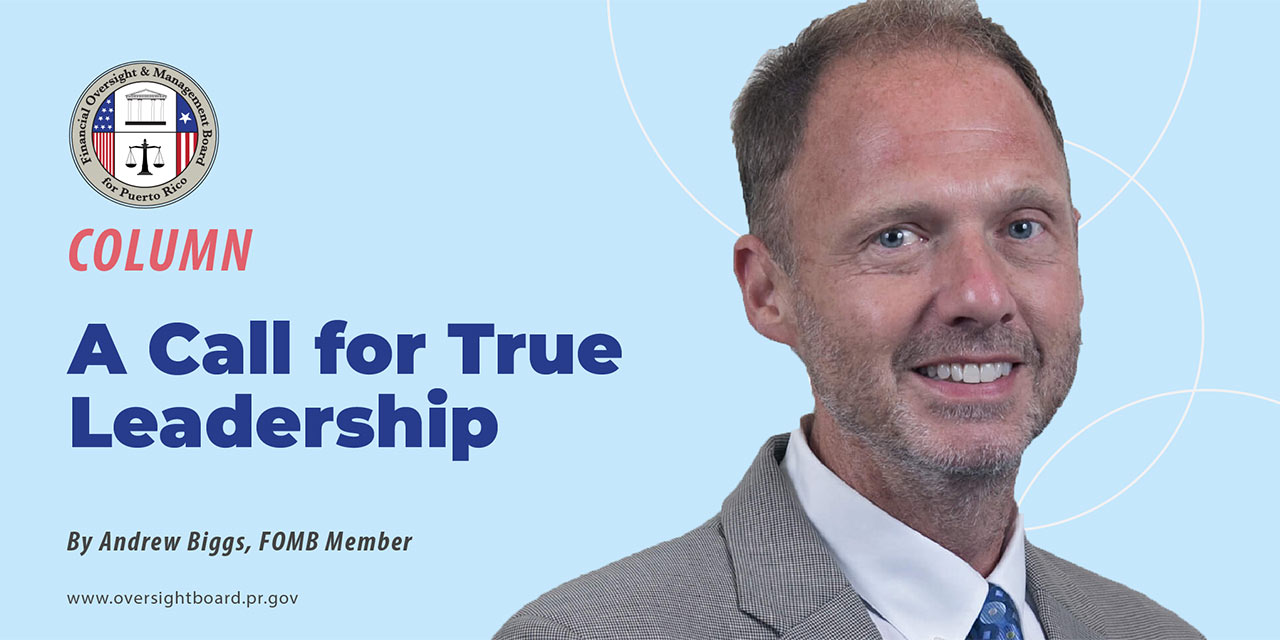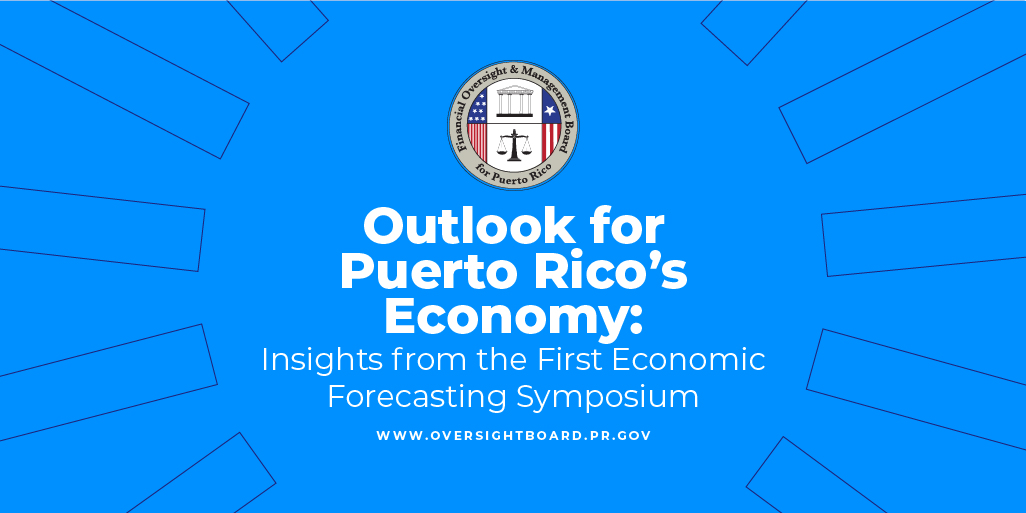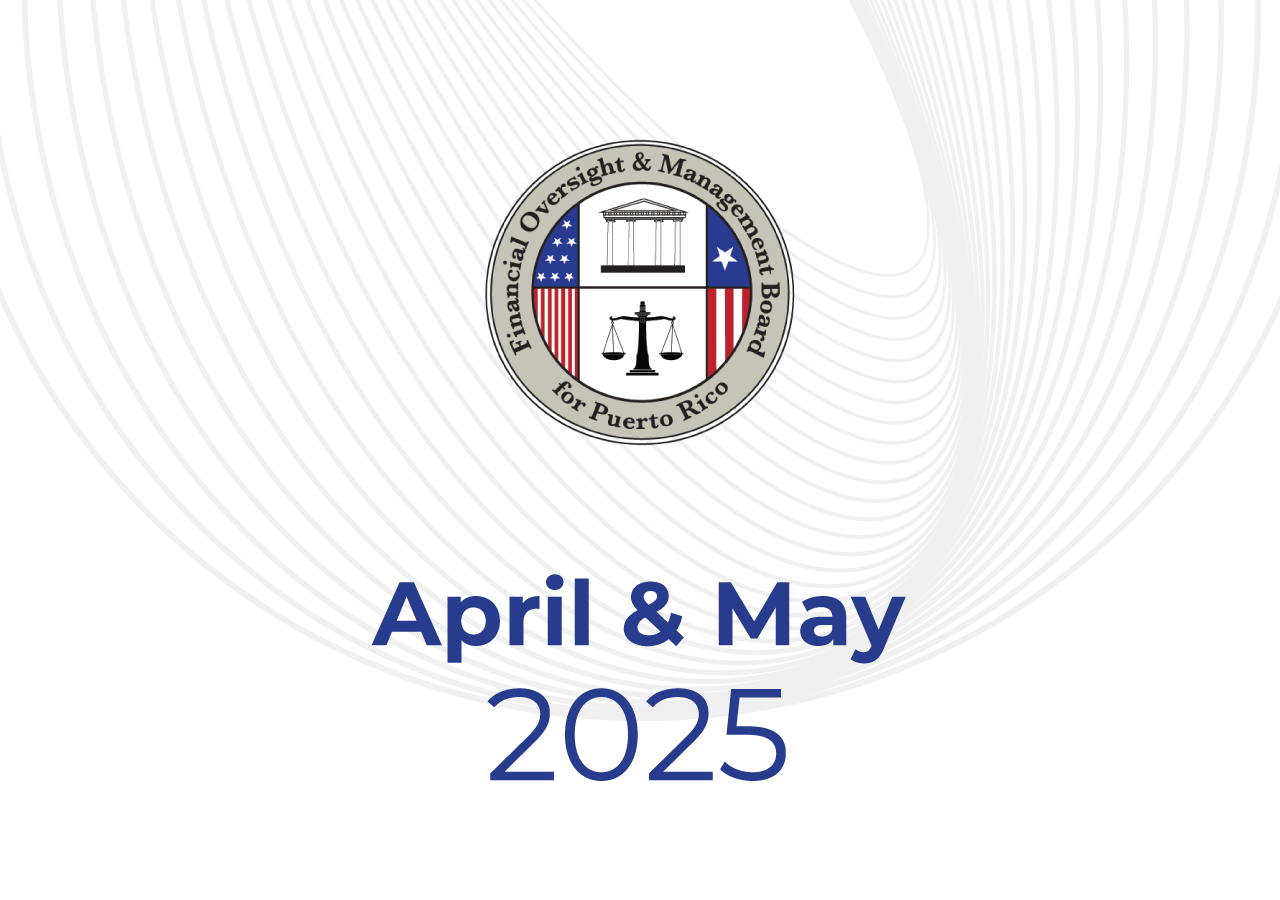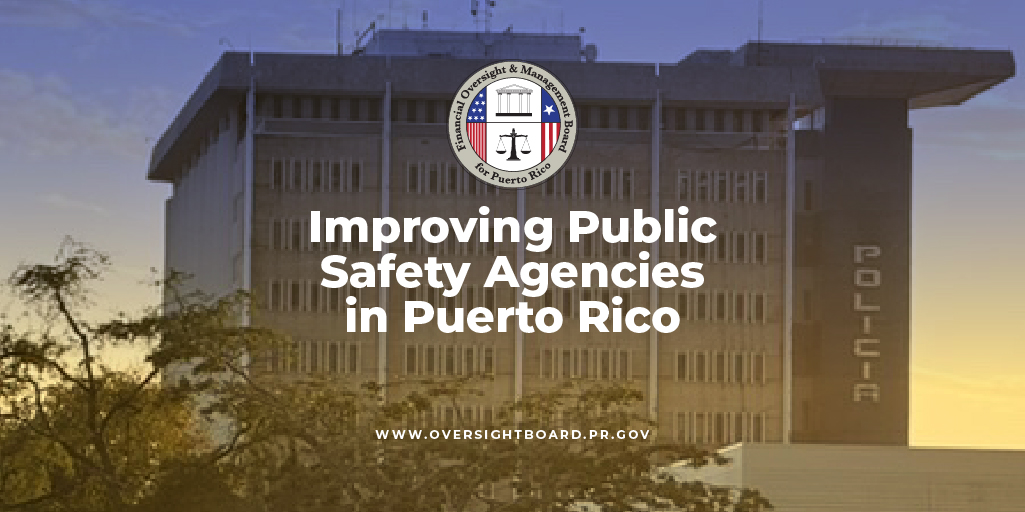This column was originally published in Spanish by El Nuevo Día on March 4, 2022
I am not from Puerto Rico. My Spanish is terrible. I was not elected to anything, and I was appointed to the Financial Oversight and Management Board by presidents for whom Puerto Ricans cannot even vote. I bring with me preconceptions, prejudices and sometimes simple ignorance.
But I’m also not running for any office, and I have no preference for any politician or party. I have not received a penny for my work on the Board. I have no financial, professional or political stake in Puerto Rico. However, over the last five years I have come to care deeply about Puerto Rico’s future. Yet I worry that Puerto Rico’s government may squander the opportunity provided by the recent bankruptcy resolution.
The people of Puerto Rico are wonderful: friendly, intelligent, and long-suffering in the face of problems they did not cause. But I will be blunt: after decades of maladministration, Puerto Rico is economically and governmentally weak in almost every area, be it education, the business environment, the labor market, regulation, corruption and more. I say this not to demean Puerto Rico but to keep essential issues from being swept under the carpet.
Consider a statistic: federal tests show that 91% of Puerto Rico fourth graders have “below basic” proficiency in math, the lowest score possible. For context, in the U.S. city of Baltimore, known for having some of the nation’s worst public schools, only 47% of students have below-basic math skills. Puerto Rico students even fare poorly compared to much poorer countries such as Mexico and Lebanon. These are figures that shock the conscience. Many low-income families sacrifice greatly to pay private school tuition for their children.
Knowing this, the Oversight Board believed it important to address the decades-old problem of teacher absenteeism, which a 2007 study called “rampant.” No child can learn without a teacher in the classroom. The Board proposed that a salary increase for Puerto Rico’s underpaid teachers be coupled with a computerized attendance system to reduce absenteeism. That system arose from the Board’s discovery in 2020 that the Department of Education had for years paid millions of dollars to employees who no longer worked for the government.
The government did not think the attendance system was a priority, and by using funds not under the Board’s control, was able to temporarily raise teacher salaries without that requirement. Teachers deserved a raise. But if the government cannot even insist that public employees show up to work, will it take on the truly daunting problems of fixing public education? Personally, I doubt it. And, I think, so do most Puerto Ricans.
But leadership also involves having difficult conversations with the public. I again lead with a data point: for decades, Puerto Rico has had one of the lowest labor-force participation rates in the world. Raising employment even to match the lowest mainland state would dramatically reduce poverty. To encourage work, the Board and elected officials have together supported an earned-income tax credit to raise pay for low-wage workers. That’s popular.
But also popular are Puerto Rico’s laws that require generous paid vacation, sick leave and paid holidays for public workers, and that make it difficult for businesses to dismiss employees. Yet research, including by the 2021 winner of the Nobel Prize in economics, finds that mandatory paid leave reduces wages and that dismissal laws make employers less willing to hire. If they didn’t, every U.S. state would have similar laws. They do not. It’s one thing to argue that mandatory paid leave and job security are more important than higher wages and plentiful jobs. Instead, most elected officials act as if those tradeoffs did not exist, pledging to repeal even the modest labor reforms passed in 2017. That’s bad economics, but even worse leadership.
The same story can be told across a range of issues. It is not that the Board proposes one set of solutions to a difficult problem, while politicians propose others. It is that the Board, whether you disagree with it or even think it illegitimate, attempts to address problems that the political system often would prefer to ignore. But it is fixing those problems upon which Puerto Rico’s future prosperity rests. The World Bank ranks Puerto Rico’s “government effectiveness” 122nd in the world, trailing Cuba and Albania. It ranks Puerto Rico’s ability to fight corruption at 91st. Without better governance, Puerto Rico will forever remain far poorer than the rest of the United States.
I single out no specific politician or party. Every problem I point to has existed for decades. Current officials didn’t make these problems, they inherited them. Yet when you take the oath of office those problems are yours to solve. We all should celebrate Puerto Rico’s emergence from bankruptcy, but not with a return to the habits that rendered Puerto Rico financially vulnerable.





